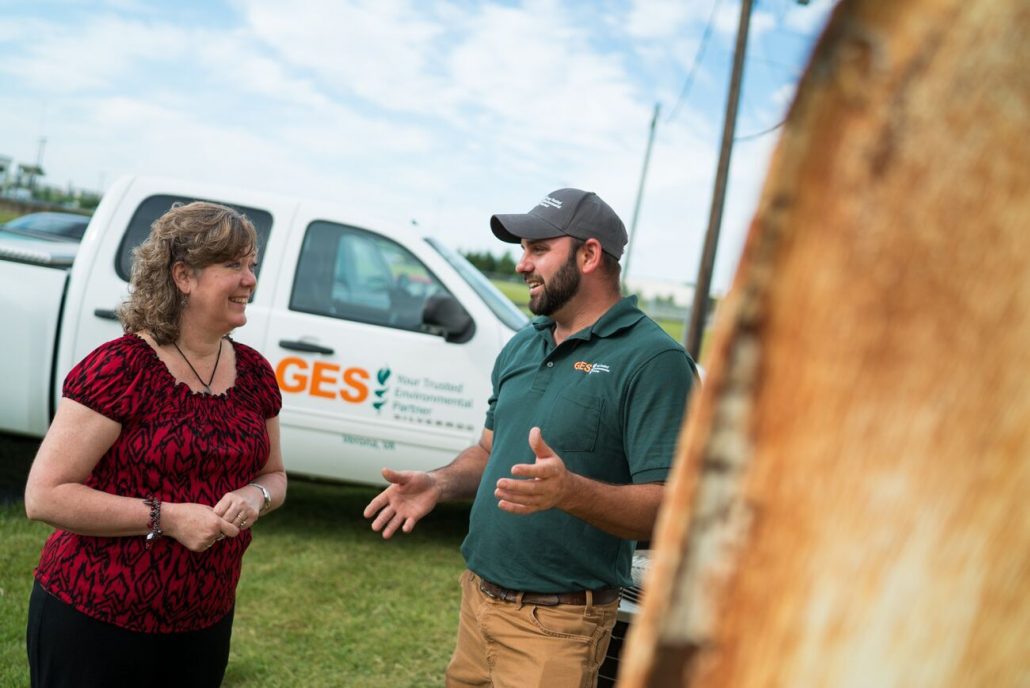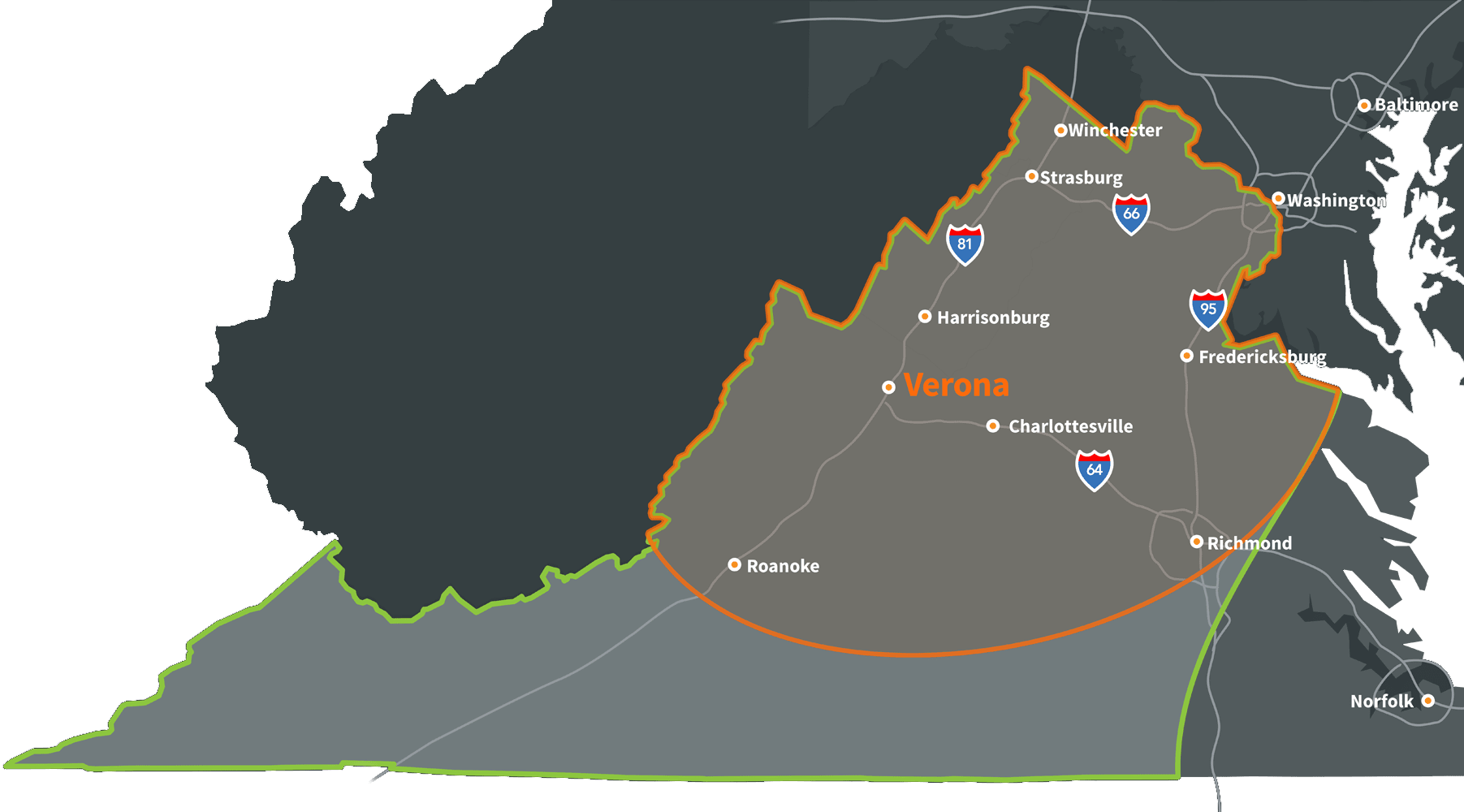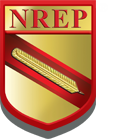Environmental Consulting & Services Frequently Asked Questions
1.) I believe my tank is leaking, but I don’t know how much. What should I do?
Give us a call and we’ll help you determine what you need to do next. A leak or release of petroleum is reportable to the Department of Environmental Quality (DEQ) if a soil sample reveals more than 100 parts per million of Total Petroleum Hydrocarbon (TPH), or may be reportable if product is visible or if there are vapors in a structure.
2.) How much is it going to cost to clean this up?
State of Virginia Petroleum Storage Tank Fund (VPSTF) will compensate for all residential clean-up and remediation activities related to a petroleum release, except for a $500.00 deductible (to be paid by owner), or if release is deemed to be negligence on the part of the owner. This insurance program may also apply in some commercial situations. Contact us and we’ll guide you through your alternatives.
3.) How long will the project last?
Project duration is impacted by several factors, primarily the severity of the release and risk to human health. Based on this and other environmental factors, projects can last from one month to several years.
4.) Will the spill get me in trouble?
No. All tank systems eventually fail, so yours is not a unique situation, provided the spill was not caused by your negligence and your response is prompt and adequate.
5.) Are you with the EPA?
No. GES is a private consulting agency who works for you, the client. While we are experts in state and federal environmental regulations, we are not affiliated with any government agency.
6.) Can you take care of the whole project (turn-key)?
Yes. We coordinate entire projects using services we provide or by coordinating sub-contractors to assist us on projects. Either way, you have only one call to make – to GES.
7.) Where does the contaminated soil go?
Petroleum saturated and heavily contaminated soils must be transported to a proper disposal facility. We can coordinate a job for you start to finish, including any disposal required.
8.) Why GES?
See what sets us apart from other environmental consulting companies.
9.) Is it better to abandon a tank or choose oil tank removal?
It depends on the type of tank and its contents. See our page on Tank Abandonment & Removal for more information.
10.) What is involved with spill remediation?
Read our page on Spill Remediation or visit the DEQ’s cleanup page for more information.
11.) Where can I find more information about regulations?
Please visit the DEQ’s website.





